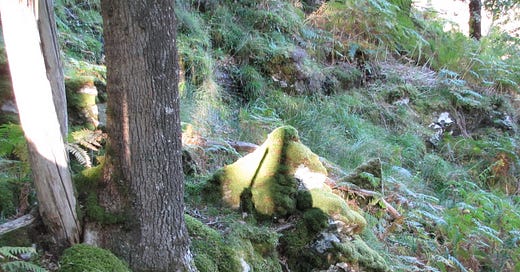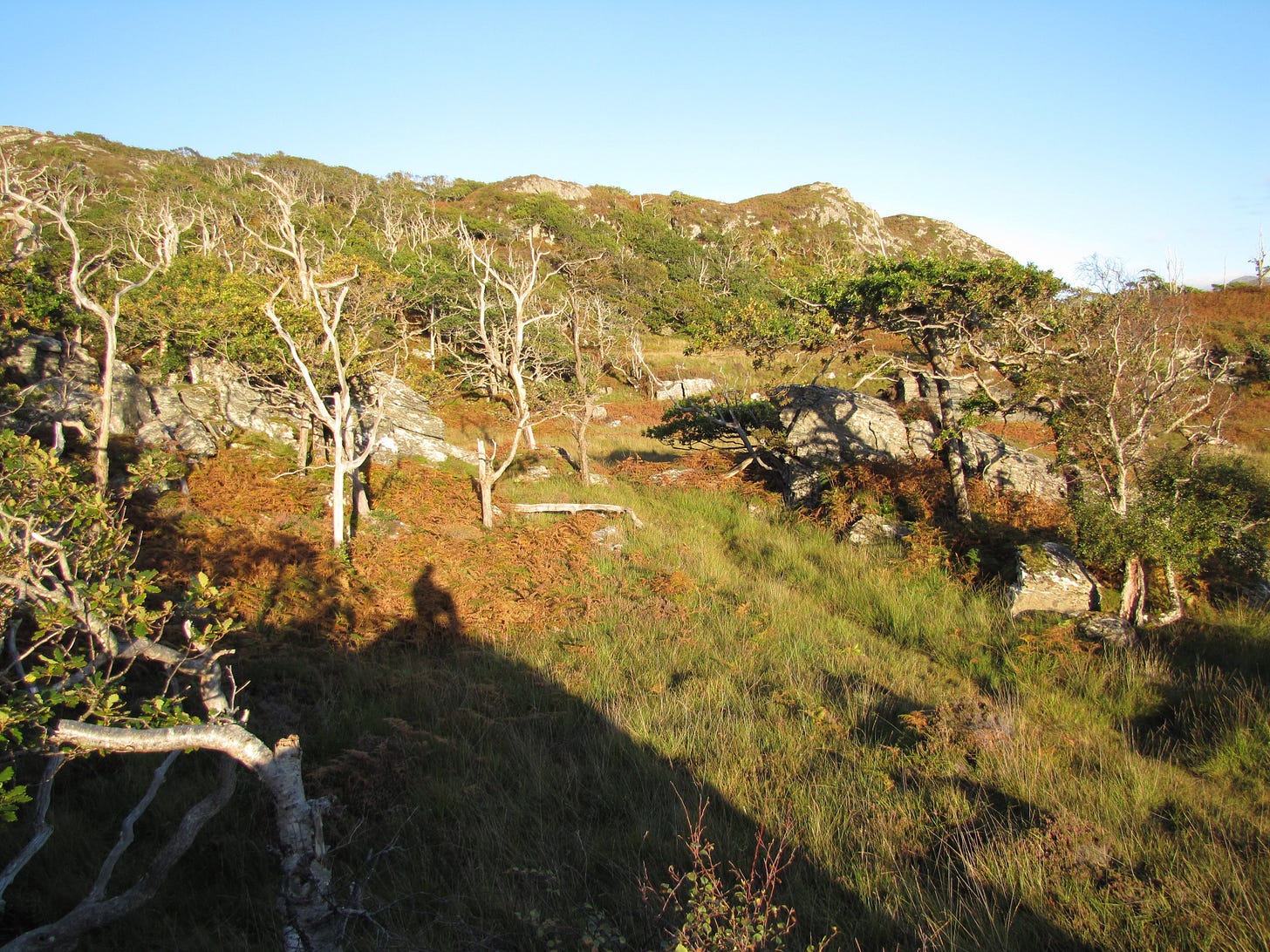Our ancestors—no matter where on earth they were—were once hunter gatherers. We all stem from a root and trunk based solidly in finding and processing wild foods, whether plant, fish, or animal. In some places, it was necessary for our species to become ultra specialised, relying on relatively few sources of food, in others, there was a broad banquet spread throughout the woods or wetlands.
Yet we all came from that same place. That same way of being. The same mindset.
Personally, I think this is one reason so many people in today’s world seem a little lost, seem like they are searching for something, something tantalisingly out of reach. There is a gap in the psyche of many, no matter where you are reading this. I believe this gap can be filled by immersing ourselves deeply in nature, relearning the ways of those who lived as hunter-gatherers, those whose existence relied on an incredible depth of natural knowledge, who were tied to the land in a way we have forgotten—but which may still be attainable for all.
Farmers and those of us who grow things to eat, or for medicine, know the area we tend well. We know what will grow where, what needs to be done to keep the soil fresh and fertile. We know much—yet we only know so much about such a small area, and so few (carefully selected) species.
Too often, the common perception of hunter gatherers is one of a nomadic people, moving around the landscape chasing and following the food. However, this is to do them an injustice and is far too general. In reality, there would have been a complex picture of settlement, of movement, and of following resources, a seasonal round, yes, but not to the extent these people moved constantly.
A common view of nomads is as people unattached to the land but this is simply not the case. Even true nomads, those on the vast steppes, for example, would move around a land, not through it. This difference is crucial. Instead of knowing a lot about a small area, or constantly seeking out new homes, our ancestors would know a lot about a large area. They were tied to the land as those who later became farmers were, just in a different way.
I once rather upset a historian friend, when I said that archaeologists take facts and turn them into stories, and historians take stories and turn them into facts. I still stand by this; archaeology is a creative science, but it is necessarily based on fact.




